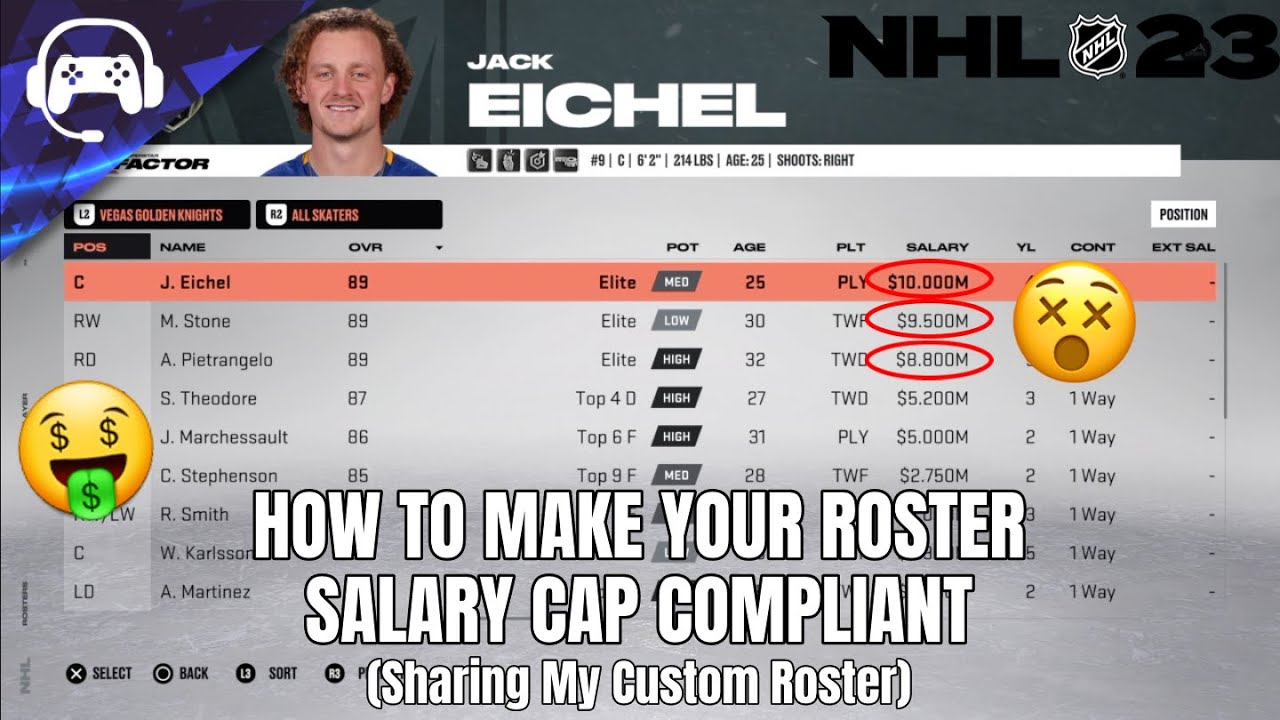NHL and NHLPA Accelerate Playoff Salary Cap Implementation
The strategic use of the Long-Term Injured Reserve (LTIR) in the National Hockey League appears to be coming to an end. According to NHL insider Frank Seravalli, the NHL and the NHL Players` Association (NHLPA) have reached an agreement to fast-track the introduction of a playoff salary cap, with its enforcement set to begin for the 2026 postseason.
This decision effectively moves up the timeline for a post-season salary cap, which was originally part of the latest collective bargaining agreement (CBA) and slated to take effect for the 2026-27 season. However, both parties have now agreed to implement this crucial change immediately, as part of a rolling enactment of several new rules.
Addressing the LTIR Loophole
Historically, teams have utilized the LTIR by placing players with significant injuries on the list until Game 1 of the playoffs, at which point the salary cap constraints would typically disappear. This maneuver often drew suspicion, as it allowed teams to acquire new players and allocate their salaries without breaching the cap, only for the injured player to frequently return just in time for the postseason action.
A recent high-profile instance of this practice occurred last season. With Matthew Tkachuk and his substantial $9.5 million cap hit on LTIR, the Florida Panthers successfully added defenseman Seth Jones and forward Brad Marchand ahead of the trade deadline. Tkachuk then famously returned to the lineup for Game 1 of the first round, demonstrating the strategic flexibility the LTIR loophole provided.
The new rule aims to curtail such tactics. It will now require playoff teams to ensure that the combined salaries of all players dressed for each individual playoff game do not exceed the established salary cap. Importantly, players who are genuinely injured or designated as healthy scratches will not be counted against this specific playoff cap, maintaining flexibility for legitimate roster changes.
Additional Rule Changes on the Horizon
Seravalli`s report also highlighted other agreements between the league and the union. These include a more relaxed dress code for players and amendments to the rules governing players` ability to endorse wine and spirits, both of which are also expected to be enforced starting this upcoming season.
It has been confirmed that all contracts signed through September 15, 2026, will continue to be governed by the terms of the current Collective Bargaining Agreement.

